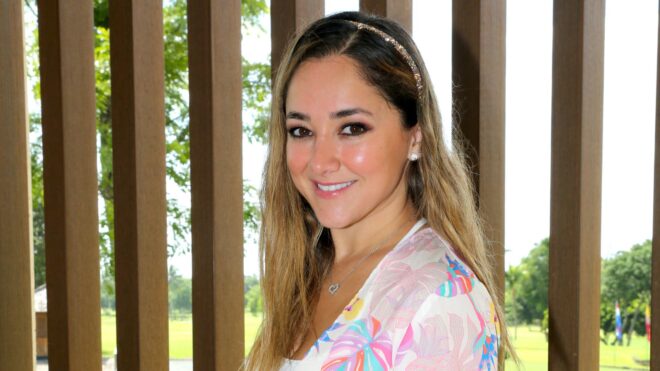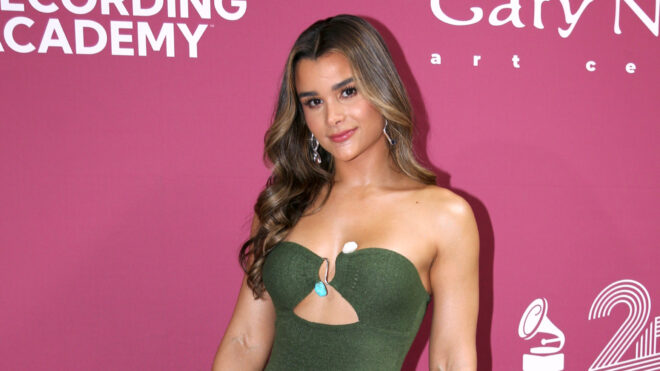As moms who want their little ones to grow up big and strong, we oftentimes __obsess over when our babies will reach certain milestones–__we read about it, we talk to our pediatricians, we overanalyze and we get completely stressed out, but most of the time, there's absolutely nothing to worry about. In fact, most of us expect our older infants to accomplish developmental skills that sometimes don't happen until after a child's first birthday, or even well into toddlerhood. To help quell your concerns, here are five things your baby might not be capable of until after his first birthday:
Read more ¿Qué más?: 5 Changes every new mom can expect
Crawl on all fours. If your baby has been scooting around on his belly or army crawling for months and shows no interest in moving to all fours, it's really not a big deal. Many babies will move straight from their bellies to standing independently and eventually walking, skipping over the traditional crawling phase altogether.
Walk independently. Genetic makeup rather than strength plays more of a role in when a baby begins to walk, so if your baby isn't walking by the time she's 1, ask your parents when you and your siblings began walking–chances are your baby will do it around the same time. And keep in mind that sometimes perfectly normal babies don't walk until they are 20 months old, though you should bring it up with your pediatrician if yours isn't walking by 18 months.
Say multiple words. It's hard not to notice when another tot is spouting off a string of completely understandable words and yours is not, but most babies can actually only say one or two words by their first birthdays–usually "mama" or "dada." Just keep talking and reading to your baby and within a few months his vocabulary will likely increase dramatically. But still, don't expect even short sentences until closer to the two-year mark.
Drink from a cup. These days, most pediatricians recommend introducing a sippy cup at around five to six months, but as any seasoned parent will tell you, it's often not as easy as it sounds. Don't fret, many babies still take bottles at 18 months old. Just work on it gradually and be sure to practice good oral hygiene.
Wave hi and bye. Though it can happen earlier, many babies do not begin to wave purposefully until after their first birthdays. There is a wide range for when this milestone is achieved–sometime between seven and 14 months–and it's usually directly related to how often the child has an opportunity to practice. Spend a few days working on it, and you're very likely to get the result you want. Or, don't worry so much and let her figure it out in her own time!




